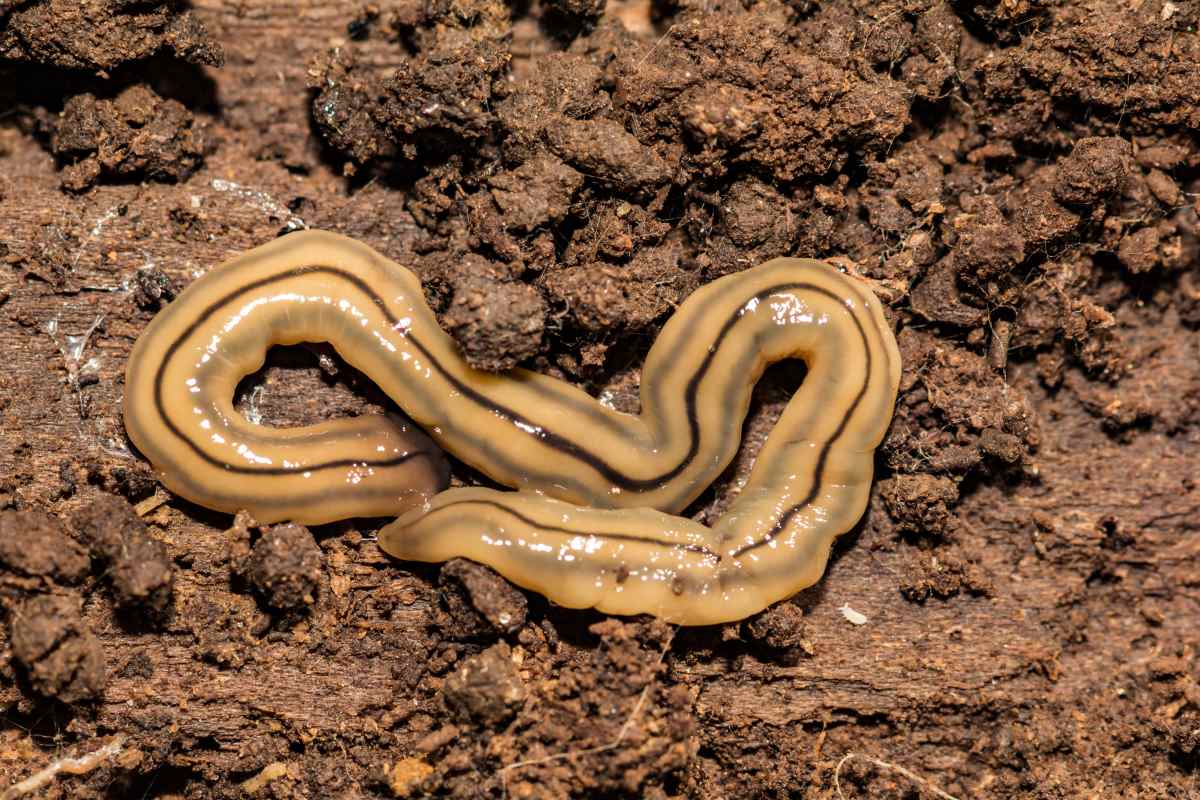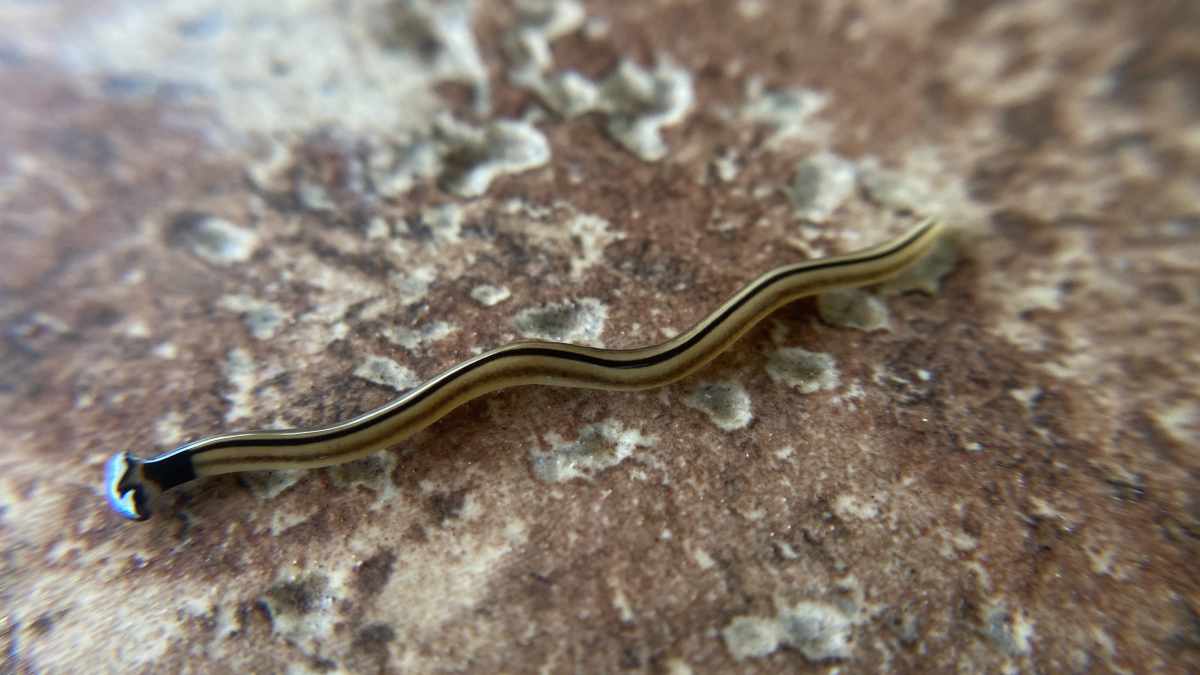Maine residents warned about invasive worm that can make pets sick: 'Don't squish or cut them'

A U.S. state is facing an odd crisis of invasive worms that can sicken pets and indirectly affect the local biodiversity of the region. State departments have rung alarm bells about “hammerhead worms” that have been frequently observed in several parts of Maine over the past few years and issued a health advisory last week. To ensure the good health of both pets and owners, they stated the recommended measures to be taken to prevent these non-native worms from multiplying and disrupting the local ecosystem of Maine. The Marine Department of Inland Fisheries & Wildlife shared a warning post on Facebook to help citizens be aware of the escalating situation.

The post included an image of the hammerhead worm, which showcased its characteristic head shape and appearance. The state agency mentioned that these worms are not native to Maine, yet people have reported several sightings of this invasive species, also known as land planarians. Revealing important information about the worms, the department warned, “If they become established in Maine, they may impact soil composition and native plant growth.” Moreover, they can make pets sick upon ingestion and cause irritation to human skin. People were encouraged to be alert and report any sightings of the worms inside plant soil from stores to the Maine Warden Service. When spotted in the wild, people can submit their observations to iNaturalist, a crowdsourcing platform for plant sightings and wildlife.
More importantly, the department advised, "Don't squish or cut them. That's how they multiply!" According to the official site of the Maine government, a few essential steps should be taken in case of a sighting. While the authorities can track the location of the worm sighting when shared to iNaturalist, individuals should place it in a bag and freeze it for 48 hours. They can also leave it in soapy water. It is not recommended to discard the live worms into the wild; rather, dispose of them in the trash can. The authorities advised people to report any store that may be selling these invasive worms. These worms have already spread across Maine, from Portland to Bar Harbor, and as far as Massachusetts.

Hammerhead worms, scientifically known as Bipalium kewense Moseley, are native to Southeast Asia and were introduced to the U.S. through infested plants and soil in 1891. As is evident, they derive their name from their characteristic head that resembles a hammerhead shark. They are originally from the Southeast regions but have moved up the East Coast to North America. They negatively affect the local environment and farming practices because they prey on earthworms, thus impacting agriculture and horticulture, per the U.S. Department of Agriculture.

Invasive species are defined as organisms that are non-native to a region and begin to establish themselves in areas far from their site of introduction. This can cause potential harm to the economy, the environment, and even human health. Moreover, the limited information available for many of the species can cause unknown damage to crops, waterways, impact wildlife, and cause disease transmission, per the USGS.